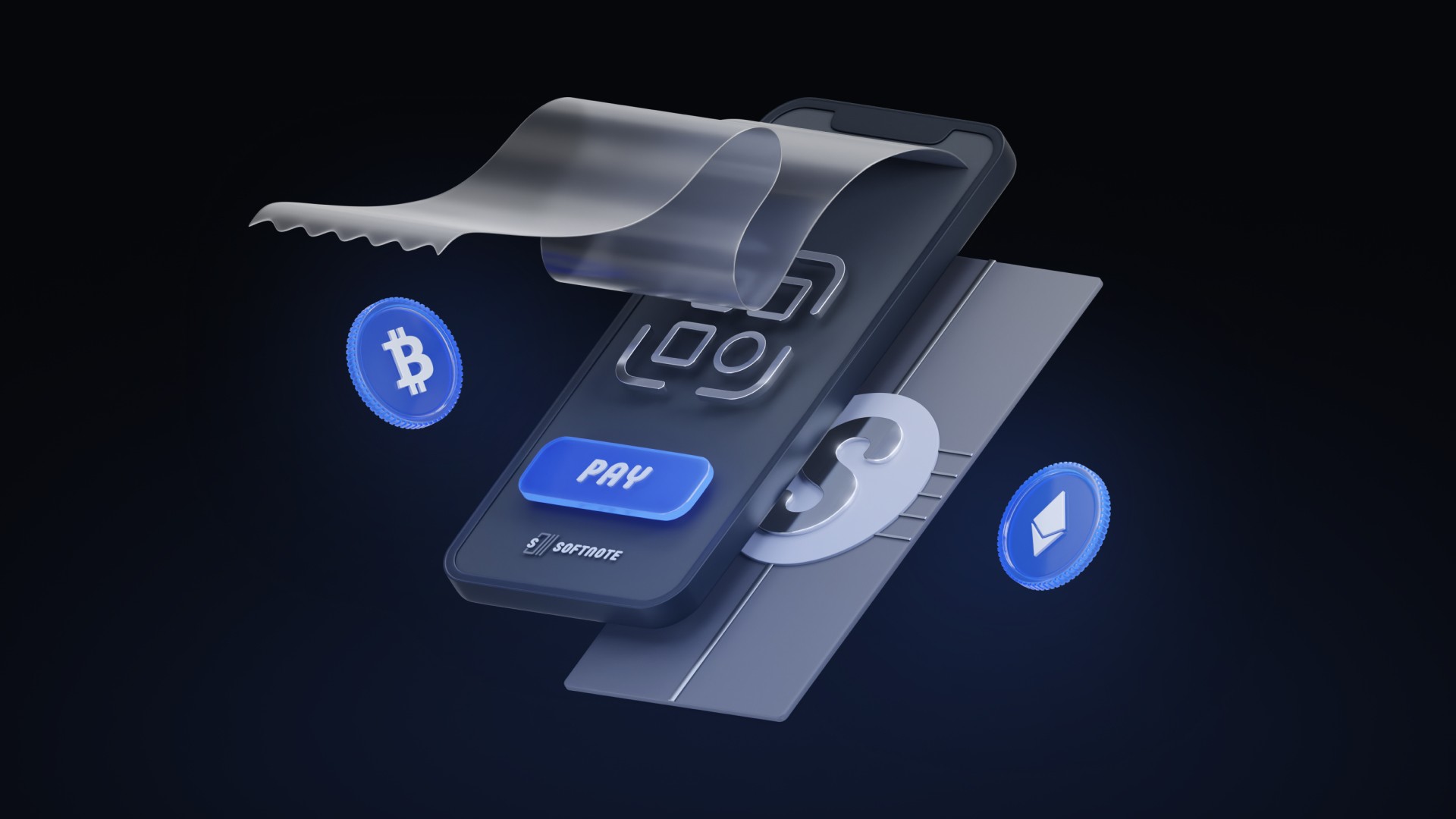Consensus Protocol is the backbone of the network as it governs how all the events are managed and issues are resolved, therefore the approval of multiple nodes is required in order to validate each event on the network. The communication between nodes is governed by Network Protocol because nodes are normally located distantly from each other therefore the block-data is subject to all kinds of slowing-down factors. Network Protocol establishes and maintains connections between all the participants of the blockchain and is its most vulnerable components and bottleneck. The drawback of blockchain systems is their strong reliance on the network protocol which limits how fast the entire network of nodes distributed throughout the world gets updated, the situation worsens if the Consensus Protocol policies overload the network with redundant data. This inevitably leads to congestions and high network fees.
Tectum employs proprietary Proof-of-Utility Consensus and super-fast Network Protocols described in Tectum White Paper. Proof-of-Utility protocol optimizes data distribution and the Network Protocol enables nodes to distribute and validate over 1 million digital events per second making Tectum a natural candidate to become an “Overlay Network” for blockchain-based payment systems like Bitcoin. Tectum boosts the circulation of native cryptocurrencies eliminating transaction fees in the process using its frictionless payment system SoftNote.
SoftNote is the flagship product of Tectum and is positioned as the first transaction-less payment system boasting truly instant payment capabilities and a zero-fee policy for an end-user; it has adopted most “cash money” properties. Just like physical cash the SoftNote bill can be printed on paper, does not require confirmation of Bitcoin network, charges no fees, and has no geographical boundaries; it can be used as a means of payment person-to-person or sent over any network as a picture file. Unlike cash, however, SoftNote is secured by a pin-code rendering it useless to a bad player.
SoftNote makes it possible to implement “Cash Money” freedoms into a payment procedure by isolating a sender from the recipient by replacing a “transaction” procedure with the “handover” component using the cash-consensus protocol. The digital model of SoftNote possesses the logic, allowing users to hand over funds anonymously and tax-free. The principle of cash-consensus is based on the emission of SoftNote Bills assigned with digital serial numbers, denominations, public and secret keys of the native network using native crypto/digital currency as a store of value with Bitcoin leading the way.









